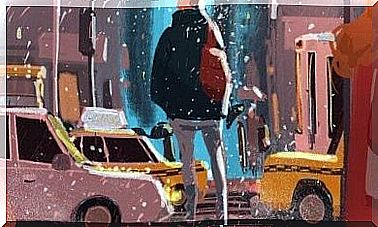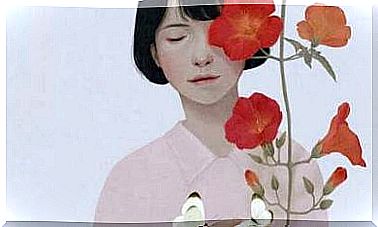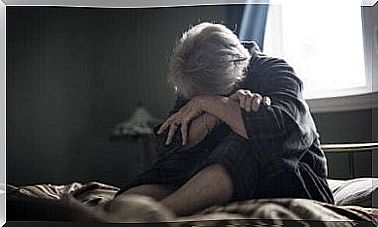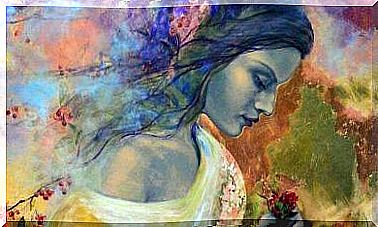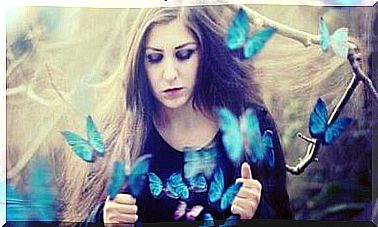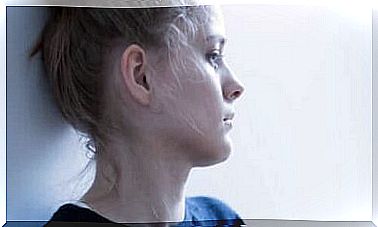Changing Perspective: Are You A Wolf In Another Person’s Story?
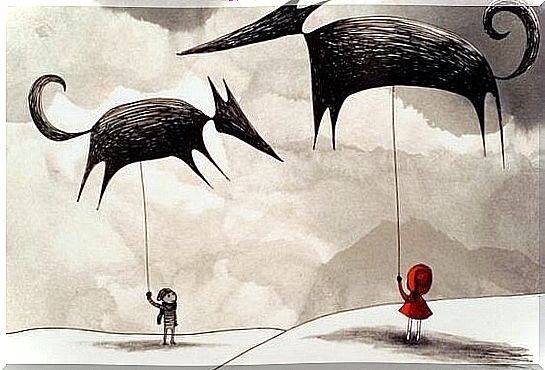
Sometimes, almost unnoticed, we turn into villains of stories, the Little Red Riding Hood. In these times, it is important to pursue a change of perspective. We are wolves because we told the other to leave for no reason because we told the truth and acted according to our values. We are wolves because we disrupted the lives of others and did not do as we “should” have done.
It is dangerous to fall into the trap of classification and distinguish between “good” and “bad” people. We do this often and don’t even notice it. For example, if a child is obedient, calm, and quiet, we can immediately say they are “good”. However, if they are strong in nature, respond back, are restless, and prone to anger, we don’t even have time to think twice when we already identify them as “bad” boys or girls.
We often act on our own thoughts when we expect things from others. We have already decided in advance what we consider appropriate and respectful, which we understand as nobility or goodness. And so, when one part of all this “ fails ”, when one part of our internal guidelines is not met, we do not hesitate to immediately classify a person as reckless, toxic, or even “bad”.
It’s pretty common to be a wolf in another story. However, in many of these cases, it is necessary to analyze the person living under their red cry.
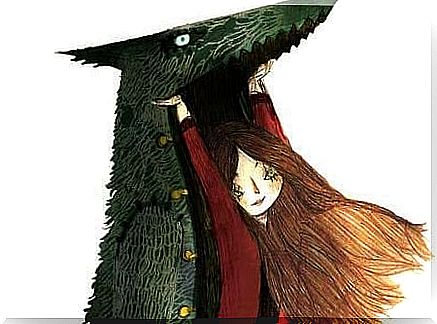
When creating our own “stories” gives us security
Little Red Riding Hood is an obedient girl. He knows that it is not worth following the familiar path as you go through the forest. He must follow certain rules and act according to what he has been taught. However, noticing the wolf girl’s perspective begins to change. She is fascinated by the beauty of the forest, the sound of birds, the touch of flowers, the scent of a new world full of different emotions. The wolf in the story thus represents intuition and the other side of human nature in all its savagery.
The metaphor will no doubt help us better understand the many dynamics we face on a daily basis. There are people who, like the little Little Red Riding Hood at the beginning of the story, show inflexibility and regulated behavior. They have decided how relationships should work, what a good friend should be like, how co-workers should behave, and what an ideal partner is. Their brains are programmed to look exclusively for compliant things, because then they achieve what they need: security.
When the story goes wrong
However, when the wrong chord gets a foothold, when someone reacts, acts, or responds differently, they start to panic. A person suddenly becomes a threat, and this causes tremendous stress. The opposite view is therefore perceived as an attack. A different thought, a harmless refusal, or an unexpected decision may seem deeply disappointing to them, and is often considered offensive.
So without already searching, anticipating, or even wanting to, we become the “wolves” of the story, individuals who followed intuition and hurt the fragility inside the red weeping.
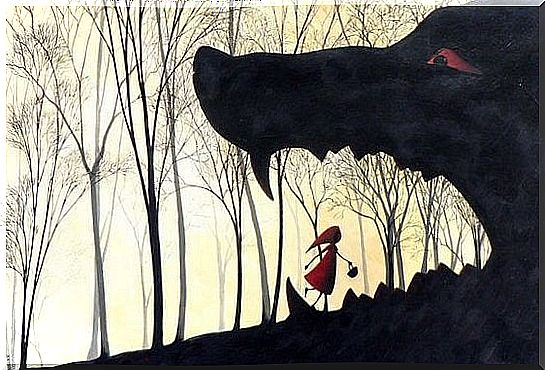
However, there is another side to the story: we often act like Little Red Riding Hood, a girl who made a mistake in her own story. We create and plan our lives. We wondered what our ideal family or best friend would be like. And, of course, that perfect love that never fails and that fits perfectly with all aspects of our lives. Only imagining it fills our lives with excitement, brings security, and makes us fight for it so that everything will eventually happen the way we want it to.
But when the story ceases to be a story and becomes real, everything starts to crash and the wolves arrive to eat our almost impossible fantasies.
Good and bad people: which one are you in the story?
The role of the wolf in another’s story is not pleasant. There may or may not be concrete reasons for the role of the wolf. Regardless of the situation, the experiences are uncomfortable for everyone involved. However, there is a very simple aspect that we cannot ignore. Sometimes the role of the “bad guy” in another’s story has allowed us to be a “good guy” in our own. Maybe we were a “hero” who was able to let go of an exhausting and unhappy relationship, or a person who believed he was writing the end of a story that, however, no longer had a future.
Before we become domesticated wolves in impossible stories, we must gather courage , listen to our own instincts, and act with intelligence, respect, and injustice. Adhering to your own principles, needs and values is not harmful. It is simply living according to one’s own instincts but at the same time knowing that not all beings in the forest are so good and that evil is not always so evil. It’s important to know how to live together with honesty, without wolf skins or red hoods.


